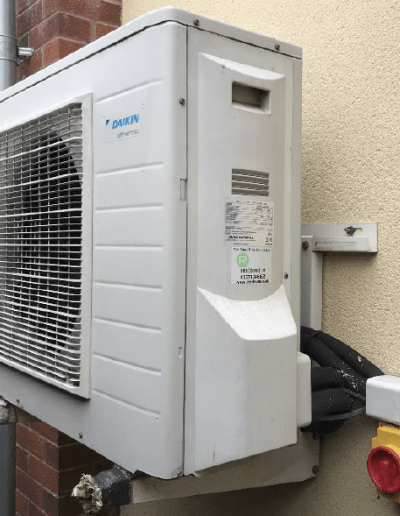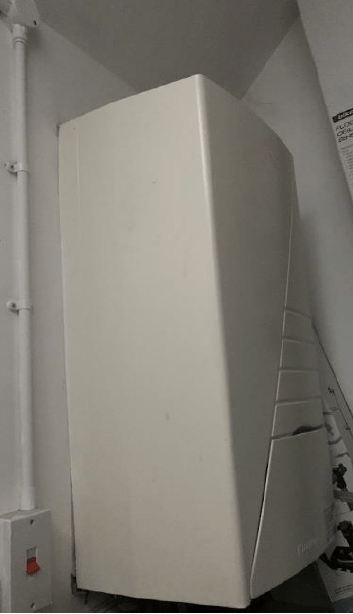Eco Church group
For our “Climate for Change” service at the Mint on November 7th we asked you to contribute a recent
lifestyle change you had made, as your environmental awareness has grown. This is what you said. Sue Cordery

Living More Lightly

We plan to trial a series of speaker meetings every month or two in 2022 looking at ways in which as individuals, as church, and as a society we can ensure the impact we make on our home, the earth, is much lighter, less damaging than it has been. Whilst we hope that a good number of Mint friends and members will be attracted to
the opportunity to think about a range of issues where we can all make a difference, we also hope that publicising these meetings will draw in others from the communities of which we are a part and strengthen partnerships between us as an Eco Church and other groups and organisations working for the sustainability of
human tenancy of planet earth.
Meetings will therefore be aimed at people in general and the talks will be followed by questions and discussion. There will be more details including information on subsequent topics in due course, but you might like to put the date of the first meeting in your diaries. There will also be opportunity on the night to sign up for a free morning tour of the Energy from Waste Plant at Marsh Barton where all black bag or bin rubbish (depending on your local council area) ends up instead of landfill. Stephen Mosedale.
Making Eco-Friendly Choices

In this article about choices people have made,
Stuart Jackson talks about his Air Source Heat Pump.
Why did you choose an Air Source Heat Pump?
I was building a house in 2011 and I researched all the possible ways of heating it. It’s an eco-house and has very well insulated walls, floor and roof. I decided to have underfloor heating and an air source heat pump. It gave us the chance to have a low carbon footprint because it’s powered by electricity and provides both heating and hot water.

What is an Air Source Heat Pump? It’s a bit like an air-conditioning unit that works in reverse. The air source heat pump absorbs heat from the outside air into a liquid refrigerant at a low temperature. Using electricity, the pump compresses the liquid to increase its temperature. It then condenses back into a liquid
to release its stored heat. There are two units. One looks very similar to an air-con box and sits on an outside wall. The other is a similar size to a central heating boiler and is sited inside the house. It doesn’t have to be on an external wall but there are some pretty thick cables between the two units so it’s better to put the inside unit as close to the outside unit as you can.
Can you fit them in a house with radiators? Yes. Heat pumps work by producing hot water for radiators, but to a lower temperature than gas boilers. A heating engineer will assess your existing radiators. You may need to have larger radiators in some rooms (deeper or longer ones), but there are various options so you can choose what suits best. It’s often possible to
re-use some of your existing radiators by moving them to other rooms.
Are you pleased with your air source heat pump? Definitely. Only once, in a very cold winter with a string of very cold nights down to -10C, did it struggle to heat the house. That probably happened because I chose the smaller size unit available at the time. Overall, it’s been very reliable and I would recommend one if you are planning
on staying in your home for a number of years.
Is it expensive? Like gas boilers, it needs annual servicing, which costs about £120. The pump uses electricity, but for every 1kW of electricity you use it should produce about 3kW of heat, so it’s much cheaper than if you just used electricity. We run it at night, so we get most of our hot water and heating at economy-seven rates. The capital cost of an air source heat pump is higher, but they last longer. The current domestic Renewable Heat Incentive covers installation of air-source heat pumps, but it is closing in April 2022. It will be replaced by a clean heat grant or boiler upgrade scheme, offering £5,000 to subsidise the initial costs of installation. See
https://www.greenmatch.co.uk/blog/clean-heat-grant.
